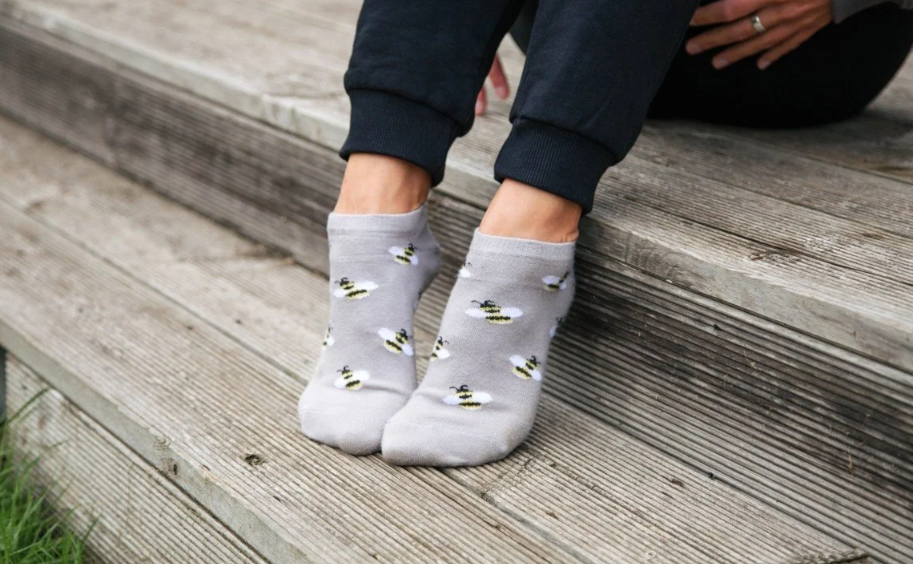In the quest for a greener planet, every choice matters – even down to the socks chosen for daily wear. A shining example of sustainable fashion is the rise of organic cotton socks, a small but mighty contributor to environmental preservation. Beyond the comfort and durability typically sought in gym socks Dubai fitness enthusiasts wear, the shift towards organic materials underscores a commitment to reducing harmful chemicals and water usage in production. This choice not only benefits the earth but also supports ethical labour practices. As consumers increasingly prioritize sustainability, the decision to opt for organic cotton gym socks becomes a simple, effective way to contribute to a healthier planet.
How Organic Cotton Socks Make a Difference
- Reduced Environmental Impact: Organic cotton socks are produced without the use of toxic pesticides and synthetic fertilizers, leading to a significantly lower environmental footprint compared to conventional cotton hosen. This method preserves soil health and reduces water contamination, making it a cleaner choice for the ecosystem.
- Support for Sustainable Farming Practices: By choosing organic socks, consumers support farming methods that uphold higher standards of sustainability. These practices include crop rotation and the use of natural pest control, which not only ensure long-term soil fertility but also promote a healthier environment for the communities involved.
- Allergy and Skin-Friendly: Organic cotton socks are gentler on the skin, making them an ideal choice for those with sensitive skin or allergies. The absence of harmful chemicals and artificial agents in the fabric of gym socks Dubai athletes prefer ensures that they are safe and comfortable, even during intense physical activity.
- Economic Benefits for Farmers: Growing organic cotton can potentially yield higher returns for farmers due to the premium market value of organic products. This economic advantage can lead to better living conditions and more sustainable community development in cotton-producing areas. By purchasing organic socks, consumers indirectly contribute to the welfare and improvement of farmers’ livelihoods.
Conclusion
Choosing organic cotton socks is more than a mere preference; it symbolizes a stride towards a more sustainable and ethical world. Every pair purchased not only supports the health of the planet but also promotes fair trade and community welfare. As consumers continue to navigate the myriad options in their fashion selections, including gym socks in Dubai’s active market, the power to make a positive impact lies quite literally at their feet. It is a testament to the fact that even the smallest items can contribute to grand change, weaving the values of sustainability and responsibility into the very fabric of everyday life. Embracing organic socks is a step forward in creating a future where fashion and sustainability walk hand in hand.
